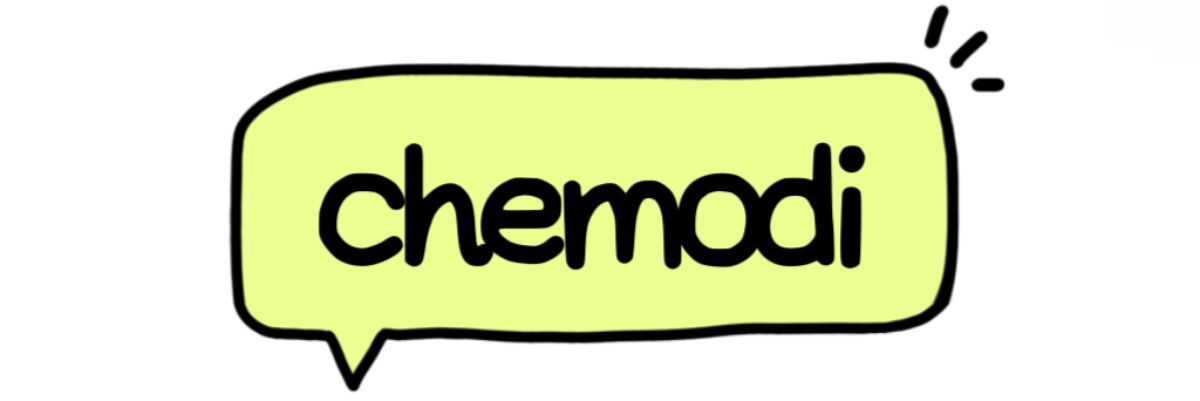What Is API Medicine and How It Works?
# What Is API Medicine and How It Works?
In today’s rapidly evolving healthcare landscape, the term "API Medicine" is gaining prominence. API, or Application Programming Interface, primarily refers to a set of rules that allow different software applications to communicate with each other. In the context of medicine, it signifies the integration of health technologies, which can significantly enhance patient care and streamline operations within healthcare settings. .
Understanding API Medicine is crucial because it highlights the potential for interoperability in healthcare systems, which has historically been a challenge. You may want to consider how API integration can lead to better healthcare delivery, improved patient outcomes, and a more efficient healthcare system. .
### The Importance of API Integration in Medicine.
When we talk about API Medicine, we often discuss its ability to connect disparate health systems, applications, and devices. For example, imagine a scenario where a patient’s electronic health record (EHR) is seamlessly accessible across different healthcare providers. This doesn’t just save time but also reduces errors and allows clinicians to make more informed decisions. .
You should ensure that your healthcare organization considers adopting API technologies to facilitate data exchange. It is essential to choose APIs that prioritize security and compliance with regulations such as HIPAA (Health Insurance Portability and Accountability Act). This ensures that sensitive patient information remains protected, while still benefiting from the power of data sharing.
### How Does API Medicine Work?
At its core, API Medicine functions by allowing different applications to "talk" to one another. This could involve fetching data from a patient’s EHR or allowing a mobile health app to interact with a diabetes management system. For instance, if you use a wearable device that tracks your glucose levels, it can send data directly to your healthcare provider’s EHR through an API. This integration not only keeps your doctor informed about your health status in real-time but also allows for timely interventions when necessary. .
You might want to consider the various types of APIs available in healthcare today. REST (Representational State Transfer) APIs are widely used due to their simplicity and flexibility. On the other hand, FHIR (Fast Healthcare Interoperability Resources) APIs are tailored specifically for healthcare data and can provide a structured method for exchanging information. Choosing the right API framework is essential for ensuring that your systems are compatible and can work together effectively.
### Real-World Examples of API Medicine.
Let’s break down this concept with a simple yet effective example: Suppose you have a telehealth app. Through API integration, this app can securely access your medical history, lab results, and medications directly from your healthcare provider’s system. This way, during a virtual consultation, your doctor can quickly evaluate your condition without the delay of retrieving records manually. .
Similarly, a fitness tracker app can leverage APIs to send your workout data to a health management platform. You can monitor your progress and share information with your healthcare team. It’s a win-win situation where both you and your providers are on the same page.
### Conclusion.
In summary, API Medicine represents a significant leap towards a more integrated and efficient healthcare system. As technology continues to evolve, embracing API solutions is becoming increasingly important for healthcare professionals and organizations. You might consider exploring how API technology can be leveraged in your practice or healthcare approach.
By ensuring seamless communication between systems, you pave the way for improved patient care, timely interventions, and overall better health outcomes. Reflect on how these integrations might impact your healthcare experience or your practice. As the world becomes more interconnected through technology, being proactive about embracing API Medicine will undoubtedly yield benefits for both patients and providers alike.
Want more information on api medicine, chloroprene rubber, raw materials in pharmaceutical industry? Feel free to contact us.


